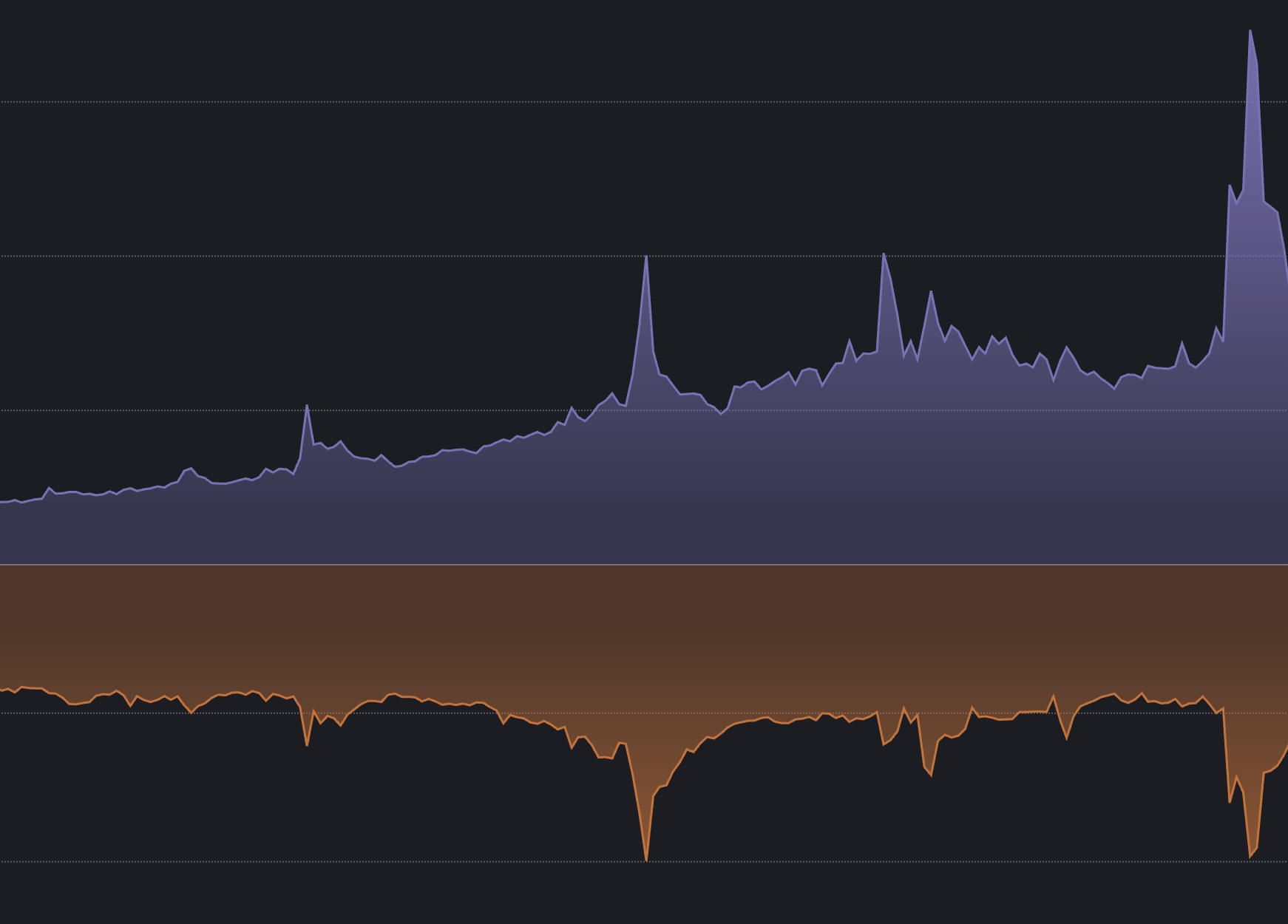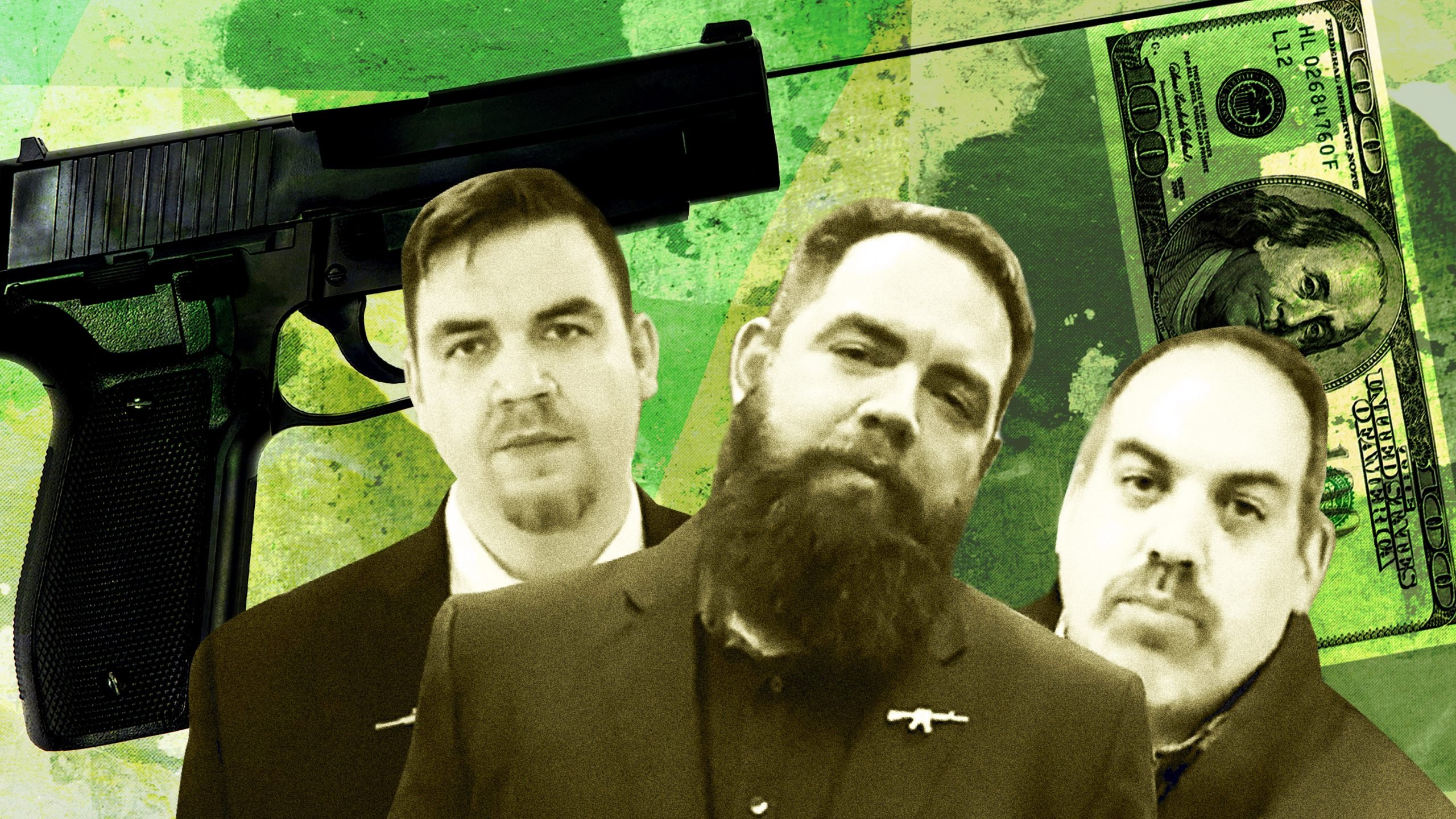Their lives upended by a pandemic and mass unemployment, facing societal fracture and political tumult, anxious Americans have been buying guns this year in unprecedented numbers.
The National Rifle Association and like-minded groups describe the sales surge as a vindication of their message and a decisive inflection point in the gun debate. These groups see legions of new gun owners becoming allied to their cause and the demise of gun regulation.
However, according to interviews with academics, several of whom are gun rights defenders or critics of what they consider the sometimes patronizing approach of gun safety advocates, the sales are unlikely to produce huge shifts in public opinion on gun control or a string of legislative victories. In part, the researchers said, that’s because of the already extreme political polarization in the country and misconceptions about attitudes among gun owners toward firearms safety proposals.
“People within the gun culture are very excited about these new gun owners and are hoping to bring these people into the fold politically,” said David Yamane, a sociologist at Wake Forest University, “but I think that’s going to be more easily said than done.”
Yamane, himself a gun owner, has written extensively about how American gun culture has evolved to center on personal defense rather than the recreational use of firearms. One feature of what Yamane calls ”gun culture 2.0” is its inclusion of women, non-whites, progressives, and LGBTQ people. Yamane said he believes that an acceleration of interest in guns within these “marginal groups” has helped drive the surge, which is in keeping with what gun rights and firearms industry groups like the National Shooting Sports Foundation have been claiming.
Yamane cautioned that acquiring a gun does not guarantee a shift in attitude toward firearms regulation and that Americans are too politically entrenched for the high sales alone to swing the debate or bring about a further loosening of laws. “A huge influx of new gun owners is not going to change the political dynamics of California, for instance, or Oklahoma,” Yamane said.
Also playing a role is the fact that the vast majority of gun owners support firearms safety proposals more strongly than generally believed. Few become activists for gun rights.
“One source of the NRA’s power is the myth that most gun owners will be out there with their AR-15s in response to any proposed gun control measure” said Michael Siegel, a public health researcher at Boston University. “And that’s just not true.”
Siegel recently surveyed a nationally representative panel of 2,000 legal gun owners. He found that less than 3 percent of respondents reported having been involved in any political activity related to gun rights in the prior month or having donated to a gun rights group. Less than 14 percent had visited a gun range during the same period.
“Most gun owners— the overwhelming majority of them — are not involved in gun-related activities,” Siegel said. “They don’t hunt, go to the range, engage in Second Amendment advocacy. They are purchasing for self-defense, and once they do, the gun often gets stored away.”
His survey showed majority support for universal background checks (75 percent), red flag laws (81 percent), and other measures meant to keep guns out of the hands of those legally barred from having them or who pose a risk to themselves or others. There was only minority support, meanwhile, for assault weapon bans (41 percent), limits on high-capacity magazines (38 percent), and other steps that gun owners often view as infringing on their legal right to be armed. Siegel said that as a result of the sales surge, there was the “potential for greater opposition” to such restrictions.
Data on gun background checks does not indicate whether a buyer is purchasing a gun for the first time. The National Shooting Sports Foundation, the industry’s trade group, has estimated that new buyers were responsible for 40 percent of sales in the first four months of 2020, based on a survey that asked dealers to estimate the makeup of their customers. Siegel found no reason to doubt that many Americans are buying guns for the first time, but said it may be that the sales surge is being driven overwhelmingly by existing firearms owners who are adding to their arsenals.
The NSSF, like the NRA, did not respond to interview requests.
While the booming sales appear unlikely to shift public opinion on guns or deliver a debilitating blow to the gun safety movement, the addition of even more guns into American households could add to existing regulatory challenges.
Nicholas Johnson is a law professor at Fordham University who has written in defense of Second Amendment rights. He said there’s little reason to believe the sales surge will lead to political realignment on gun issues, but that it will contribute to what he calls “the remainder problem.” Johnson argues that with so many guns already in circulation, and so many more now being added, legal controls that restrict supply are of little utility to reducing firearms violence.
“Once you have as many guns as we have in the U.S. inventory,” he said, “certain policy decisions are off the table and what you are engaged in is a kind of security theater.”
The addition of more guns is also significant because of the potential for increased violence. Preliminary research suggests a link between recent gun sales and a rise in gun injury and death. While a desire for greater security is driving the skyrocketing gun purchases, there is consensus among researchers that a gun in the home substantially increases the risk of suicide and homicide. The frequency with which guns are used in self-defense and the extent to which defensive gun use reduces individual and societal harm, meanwhile, remains contested.
Yamane and Johnson said much of the research that highlights the dangers of gun ownership fails to account for the fact that risk is not evenly distributed. The dangers associated with bringing a gun into a home where drug abuse or mental illness is present, for instance, are greater.
Siegel said he can imagine cases in which the advantages of gun ownership outweigh the risks, but they are few. People taking part in the gun buying spree display optimism bias, he said, the tendency to underestimate the likelihood of bad outcomes (thinking ‘It will happen to the other guy, not me’). Siegel stressed that such irrational behaviors are common and pointed to not wearing a mask during a pandemic or not exercising despite knowing the health benefits.
In Siegel’s survey, gun owners who supported universal background checks, but had not spoken out publicly in favor of them were asked why. A majority attributed their reluctance to feeling alienated from gun control advocates who blamed them and misunderstood gun ownership.
He said public health practitioners need to earn the respect of gun owners. “There needs to be a change in the way that we communicate,” Siegel said, “scaring them into thinking they made a really risky decision or looking down upon them won’t work.”


